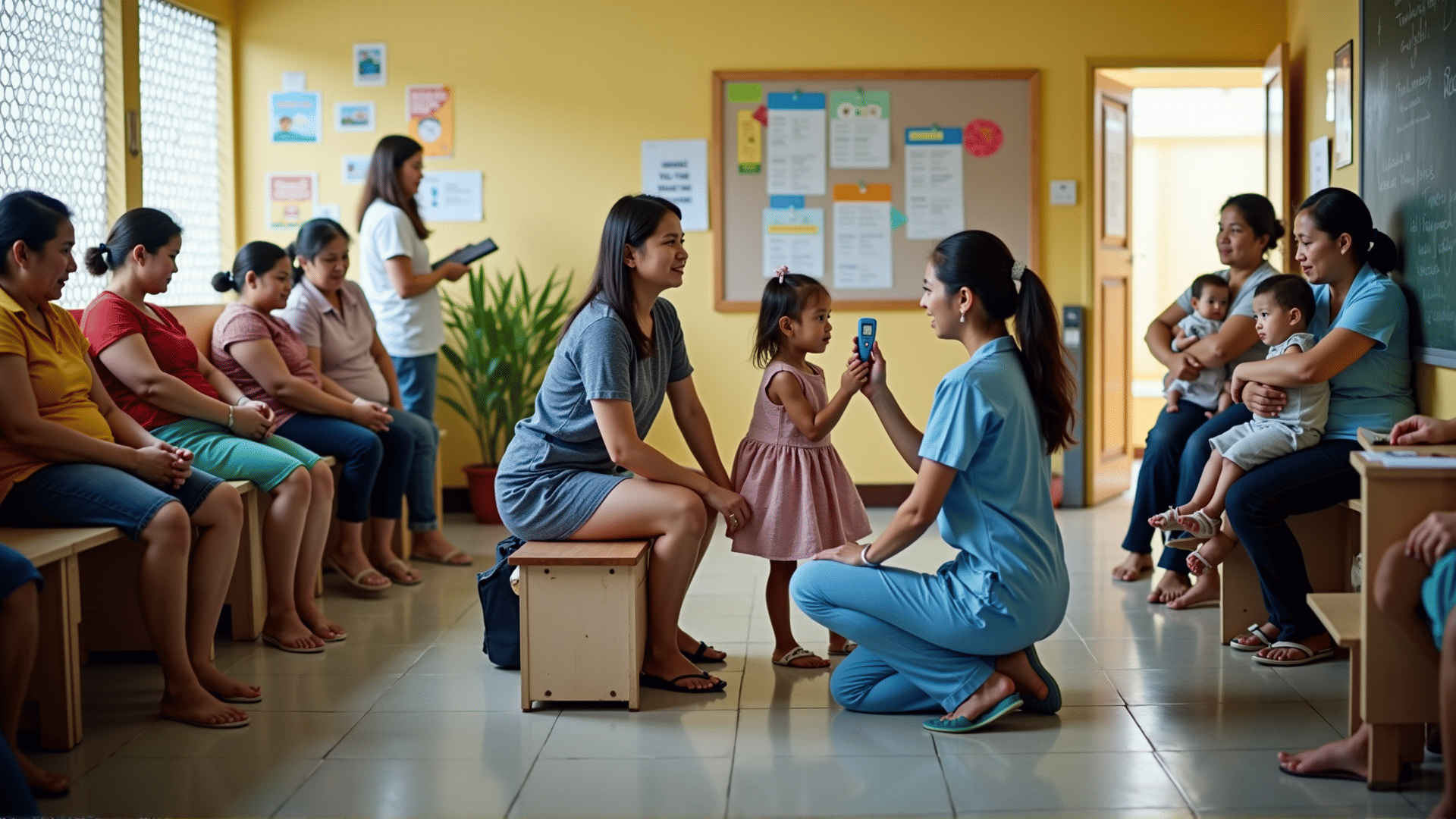In a world where access to healthcare remains uneven, community-focused initiatives are emerging as beacons of support for underserved populations. These projects are dedicated to bringing essential healthcare services to those who often find themselves on the margins, where medical aid is less accessible.
At the heart of these initiatives is a commitment to addressing the disparity in healthcare availability. Many communities face barriers that make it challenging to receive even the most basic care. These obstacles may include geographical isolation, financial constraints, or a lack of awareness about available services. Community health initiatives aim to bridge this gap by offering tailored solutions that meet the specific needs of each community.
These projects often begin with identifying the unique challenges faced by a community. This might involve conducting surveys, holding town hall meetings, or working with local leaders to understand the most pressing health concerns. With this knowledge, tailored programs can be developed to ensure that the healthcare offered is not only accessible but also relevant to the community's needs.
One of the core components of these initiatives is the deployment of mobile health units. These units are equipped with essential medical supplies and staffed by healthcare professionals who can provide on-the-spot consultation and treatment. By bringing healthcare directly to the community, these units eliminate the need for individuals to travel long distances to seek care, significantly reducing the burden on those with limited access to transportation.
In addition to mobile units, many projects focus on educational programs aimed at empowering individuals with knowledge about preventive care and healthy lifestyle choices. Workshops and information sessions are organized to teach community members about nutrition, sanitation, and the management of chronic illnesses. Educating communities about health issues plays a crucial role in preventing many medical conditions and encourages a proactive approach to personal health.
Volunteers play a pivotal role in these projects, often coming from diverse backgrounds but sharing a commitment to making healthcare accessible to all. These individuals support medical professionals in various capacities, from administrative tasks to assisting with patient care. Their efforts enable these initiatives to reach a wider audience and provide more personalized attention to those in need.
Partnerships with local organizations and government agencies are also vital to the success of community health initiatives. By collaborating with existing local structures, these projects can utilize established networks to more effectively reach and serve the population. Such partnerships not only enhance the scope of the initiatives but also ensure their sustainability.
In conclusion, community health initiatives signify a proactive and compassionate approach to ensuring that everyone has access to the healthcare services they need. By understanding and adapting to the unique needs of each community, these projects are able to provide effective and meaningful support to those who need it most. Through ongoing collaboration, education, and dedication, strides are being made towards a future where quality healthcare is a reality for all.
